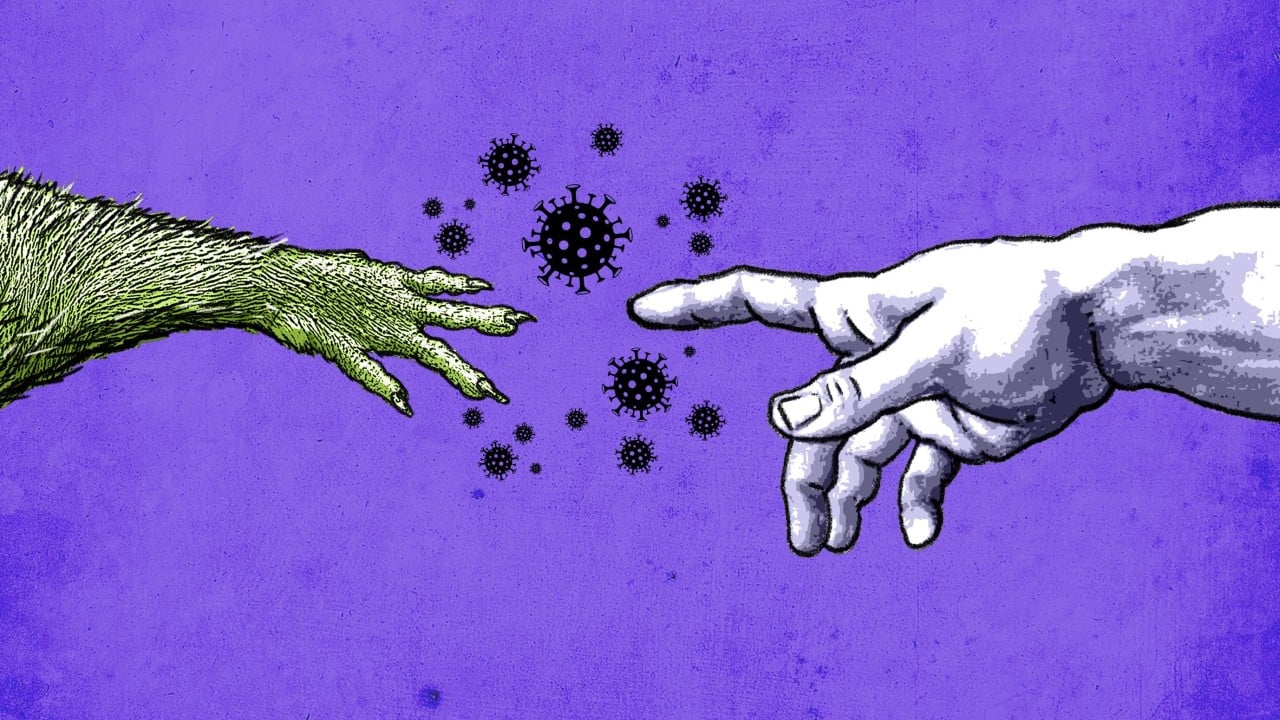In the fourth instalment of a series to mark the 10th anniversary of the Future Science Prize, Victoria Bela and Holly Chik look at Professor Malik Peiris’s contributions to public health and virology, which earned him the 2021 award in life science. Click here for parts one, two and three.
Advertisement
The next pandemic is inevitable, yet the world may not be any better prepared than it was before Covid-19, a top virologist has warned, and to prevent it, a more resilient world integrating human, animal and environmental health must be built.
Malik Peiris, an emeritus professor at the University of Hong Kong who discovered the coronavirus responsible for the 2003 outbreak of Sars, or severe acute respiratory syndrome, is most concerned about the potential of respiratory viruses to spawn the next pandemic.
“We really have to pay much more attention to how we deal with future pandemics, because it is absolutely certain that another pandemic will emerge,” Peiris said. “What Covid showed us clearly is that pandemics can be massively destructive not just to health but also to economic and social well-being.”

In recent decades, animal viruses have more often jumped to humans than in the past, according to the Sri Lankan native, with new viruses emerging every three to four years, including Sars, swine flu, Covid-19, Middle East respiratory syndrome (Mers), Ebola and Zika.
Advertisement
While most had not led to global pandemics, the 2003 outbreak of Sars-CoV-1 came close, Peiris said.

